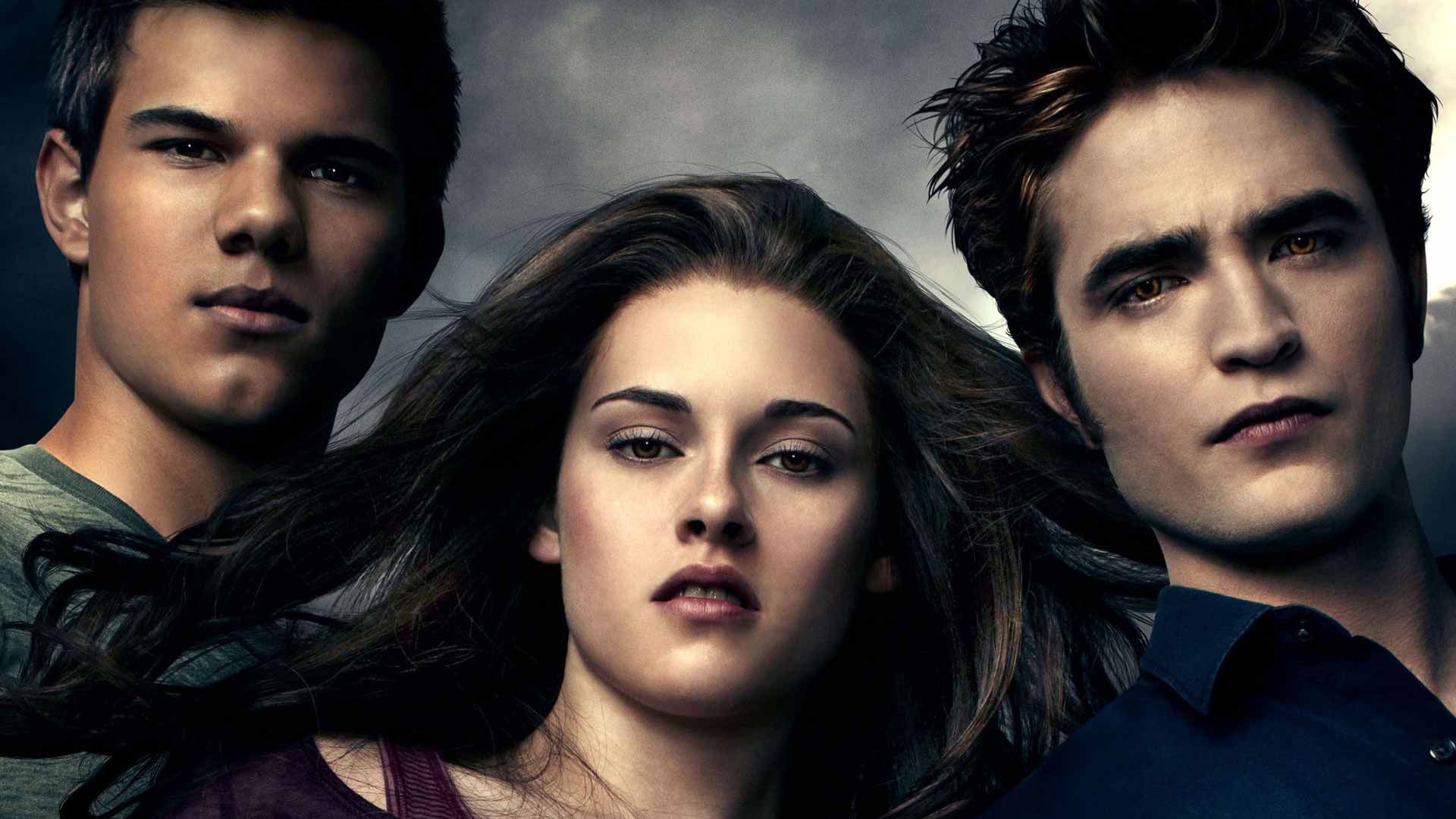Ten years ago, Twilight's first appearance at Comic-Con International in San Diego was a relatively understated affair. A mere 6,000 or so screaming fans according to a video of actor Taylor Lautner (Jacob Black) nervously waiting backstage at the time, desperate to catch a sneak peek of footage from the upcoming movie. Noteworthy, but nothing compared to the hungry hordes the franchise's presence at future conventions would attract. He joined most of the main cast -- including Kristen Stewart and Robert Pattinson, Bella Swan and Edward Cullen respectively -- as well as director of the first film, Katherine Hardwicke and author of the book series, Stephanie Meyer in July 2008.
RELATED: Twilight Returning to Theaters For 10th Anniversary Event
Although the fanbase for the Twilight Saga books, which began publication in 2005, was already strong amongst its core demographic of young girls and women, it was still a niche interest. Suitably, the first cinematic adaptation wasn't a big Hollywood blockbuster -- it was an expensive indie movie, made for $37 million, about a moody girl being romanced by beautified monsters. After the film became a box office smash its repeat trips to SDCC between 2009 and 2012 quickly became something that regular attendees couldn't ignore. Images of screaming moms with handmade placards, tweens decked out head-to-toe in related merchandise reduced to tears at "R-Patz" breathing in their direction, and fans lined up a day or two in advance for the panels helped ensure that the term "Twihard" entered cultural vernacular beyond the walls of the convention center.
Twi-haters fought back with cardboard declarations of war. "Twilight ruined Comic-Con" became a popular sentiment, paraded around the Halls like a rallying cry against a foreign invasion. It wasn't too long before this morphed into a general complaint about what should or shouldn't be "allowed" at Comic-Con, as Twilight's foothold appeared to open floodgates wider than ever before to just about everything and anything. How did Glee fit into the organizers' mission statement to celebrate "comics and related popular artforms?" Because the characters were bullied nerds? How about Community. Was it the Dungeons & Dragons homages? Or Homeland, Shameless and Dexter for Showtime's 2012 panel? Michael C. Hall even served as that year's convention opener.
RELATED: More Hunger Games, Twilight Projects a Possibility at Lionsgate
This increased diversification of exhibitors parallels increasingly large numbers of attendees. 2008 marked the first time that Comic-Con completely sold out, and in a record-breaking two weeks in advance of opening its doors. By 2012, when Breaking Dawn: Part Two was released, attendance swelled from 125,000 to 130,000. As of 2016, it's pushing 200,000.
Now, the convention covers four days and badges sell out within two hours of release, months before the show. It's big bucks for the city of San Diego and invaluable publicity for big companies and studios, but grassroots sellers are quietly being priced out, adding to the feeling of disenchantment from core devotees that the show is being diluted more and more each passing year.
These anxiety-inducing numbers are unique to SDCC but pop culture festivals around the world have experienced similar rises in interest, without the help of the Twilight cast. Conventions mirror what's happening in pop culture as much as they drive it, and what they've been mirroring over the past decade is the dissolution of "nerd" and "geekdom" into just "fandom."
Naturally, the broadening of the church continues to be a contentious issue but if we're going to play the blame game, is history right to the point the finger at Twilight? Probably not. A property that treads the same supernatural romance beats that Nerd King Joss Whedon's Buffy The Vampire Slayer did only a decade before doesn't need to prove its "comics and related popular artforms" credentials in the way that, say, How I Met Your Mother or It's Always Sunny In Philadelphia does.
So what was the real issue, then? The questionable quality of the books and films factors in, but since when has delightfully trashy genre media not been acceptable at a pop culture convention? (In 2008, for instance, Twilight shared its billing with Saw 5, Underworld 3 and Robert Rodriguez's ill-fated Red Sonja movie.) No, the crux of the negativity towards the sparkly vampire series -- as we've always known -- was gatekeeping, a petty snobbery that has since become rampant across fan communities as geek culture has mainstreamed, particularly concerning anything that unabashedly appeals to women.
RELATED: Comic-Con to Stay in San Diego Through 2021
In 2010, one six-year attendee of SDCC blogged their disgruntlement about being dragged to the New Moon panel by their little sister who was a fan of the series, later finding joy in a bombardment of "Twilight Sucks" placards as they lined up for the Cosplay Masquerade. If you look it at from the sister's point of view, however, Twilight's presence at SDCC clearly made her feel welcome at an event where she might not have felt previously, while the protesters' signs probably did the opposite. In the end, the poster even admits that, "I don't think Twilight 100% ruined Comic-Con (I still had loads of fun doing other things [...]" Maybe those anti-Twilight sign-writers should have just told us how they really felt: "Girly Stuff Sucks."

